CRM (Customer Relationship Management) - CRM Tool Overview
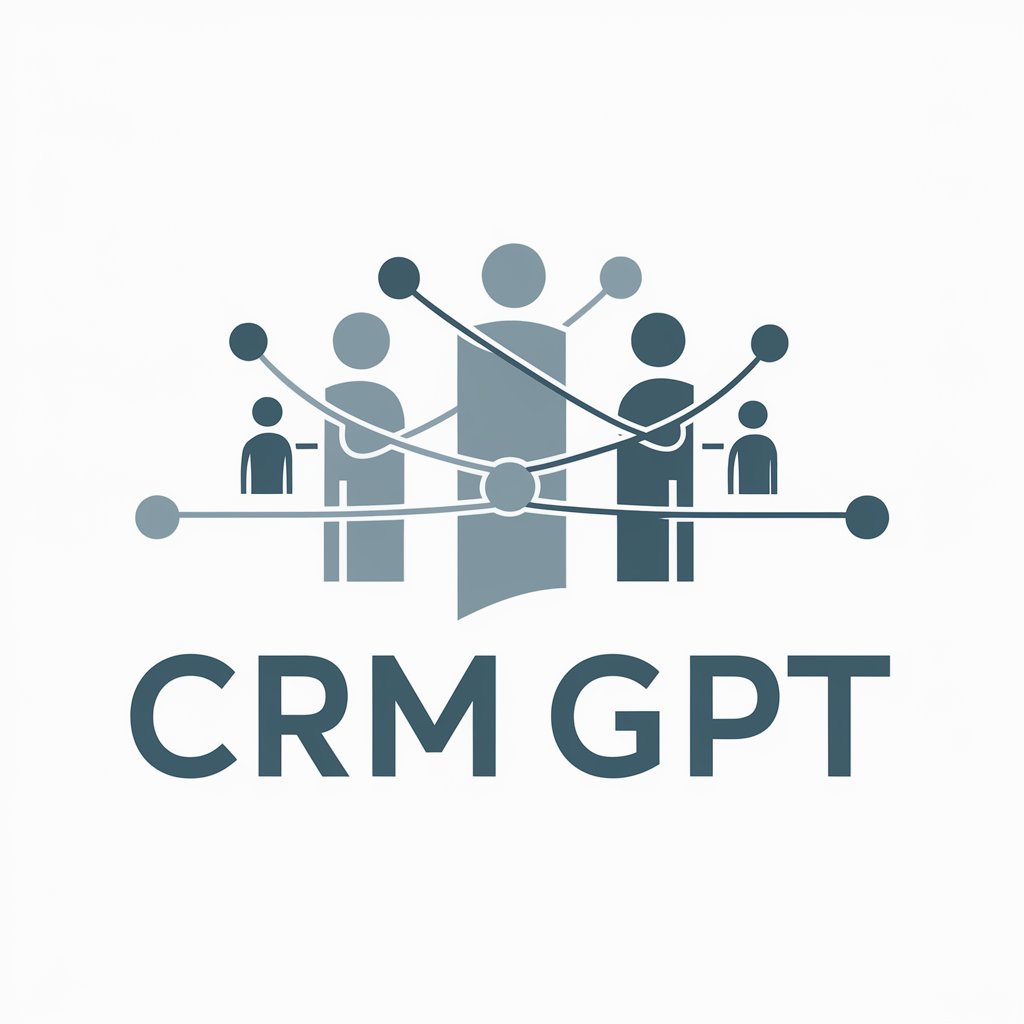
Welcome! Let's optimize your customer relationships and enhance your business success.
Empower Customer Relationships with AI
Can you explain the benefits of implementing a CRM system in a small business?
What are the top features to look for in CRM software for a mid-sized company?
How can I improve customer retention using CRM strategies?
What are the best practices for integrating CRM software with existing business processes?
Get Embed Code
Introduction to CRM
Customer Relationship Management (CRM) is a strategic approach that integrates business processes, technology, and strategies to build and maintain long-term, profitable customer relationships. The core purpose of CRM is to improve business relationships with customers through better understanding, communication, and servicing, thereby enhancing customer loyalty and retention. CRM systems serve as central repositories where all customer information, including interactions, preferences, and history, is stored and analyzed. This facilitates personalized and efficient service, targeted marketing, and sales strategies, and informed decision-making. For example, a retail business might use CRM to track a customer's purchasing history and preferences, allowing for personalized marketing communications and offers, thus improving customer satisfaction and increasing sales. Powered by ChatGPT-4o。

Main Functions of CRM
Contact Management
Example
Centralizing all customer information
Scenario
A business can consolidate contact details, communication history, and social media profiles in one place, enabling better relationship management and personalized engagement.
Sales Force Automation
Example
Streamlining sales processes
Scenario
Automating tasks such as lead tracking, sales forecasting, and performance evaluation to increase sales efficiency and close deals faster.
Marketing Automation
Example
Targeted marketing campaigns
Scenario
Using customer data to segment contacts and tailor marketing efforts, such as email marketing campaigns, to increase relevance and conversion rates.
Customer Service and Support
Example
Enhancing customer support
Scenario
Leveraging CRM to provide timely and effective service by accessing comprehensive customer information, leading to increased customer satisfaction and loyalty.
Analytics and Reporting
Example
Informed decision-making
Scenario
Generating insights from customer data to identify trends, measure performance, and guide strategic business decisions.
Ideal Users of CRM Services
Small to Medium-Sized Enterprises (SMEs)
SMEs benefit from CRM by streamlining operations, enhancing customer interaction, and driving sales growth with limited resources.
Large Enterprises
These organizations utilize CRM to manage complex customer relationships across various channels and geographies, improving coordination and customer insights at scale.
B2B Companies
Businesses that operate in B2B markets use CRM to manage long sales cycles, nurture leads, and maintain relationships with key accounts for sustained revenue.
B2C Companies
Retailers, e-commerce platforms, and other B2C businesses leverage CRM to personalize marketing, improve customer service, and increase customer loyalty.
Non-profit Organizations
Non-profits use CRM to track donor interactions, manage fundraising campaigns, and build relationships with their supporters to increase engagement and donations.

How to Utilize CRM Effectively
Start with a Free Trial
Begin by accessing a CRM platform like yeschat.ai for a complimentary trial, bypassing the need for login credentials and ChatGPT Plus subscriptions.
Define Your Objectives
Identify clear CRM goals such as improving customer service, increasing sales, or streamlining marketing efforts. Understanding your objectives guides how you configure and use the CRM.
Import Your Data
Transfer existing customer data into the CRM system. Ensure data quality by cleaning and organizing contact details, sales history, and other relevant information.
Customize and Integrate
Tailor the CRM to fit your business needs by customizing fields, workflows, and dashboards. Integrate it with other tools like email, calendar, and accounting software for a seamless workflow.
Train Your Team
Educate your team on how to use the CRM effectively. Training should cover basic navigation, data entry, reporting features, and best practices for managing customer interactions.
Try other advanced and practical GPTs
Researchoor
Unleash Knowledge with AI

BAKIBACI (The Fortune Teller)
Unveil your future with AI-powered insights

Idea Mentor
Empowering Your Digital Dreams with AI

BuddGPT Budtender, TripSitter & Thrill Facilitator
Your AI Cannabis Companion

Panama Canal Curator
Unlock the secrets of the Panama Canal with AI

Stress Buster Guide
Navigate Stress with AI-Powered Support
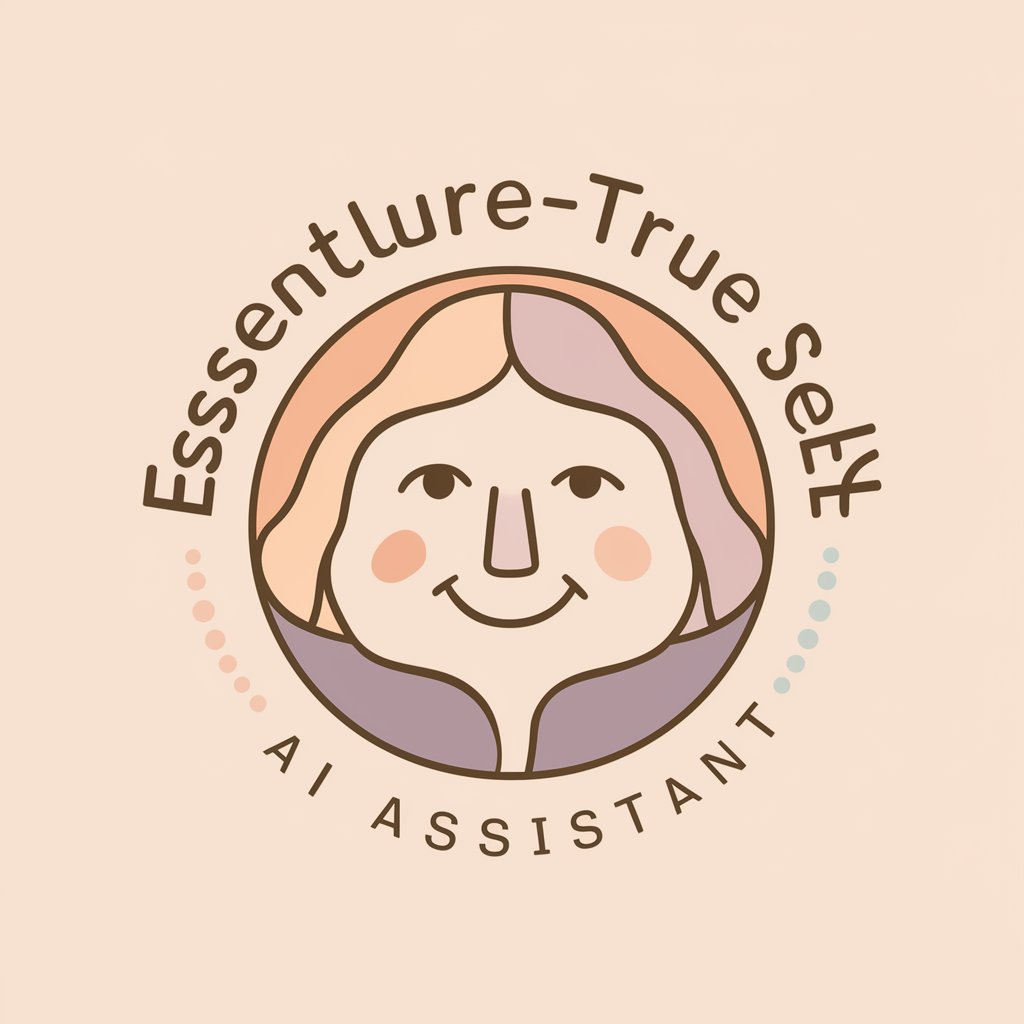
Visual Innovater
Empowering design with AI creativity

Notion Navigator
Maximize Notion with AI Guidance
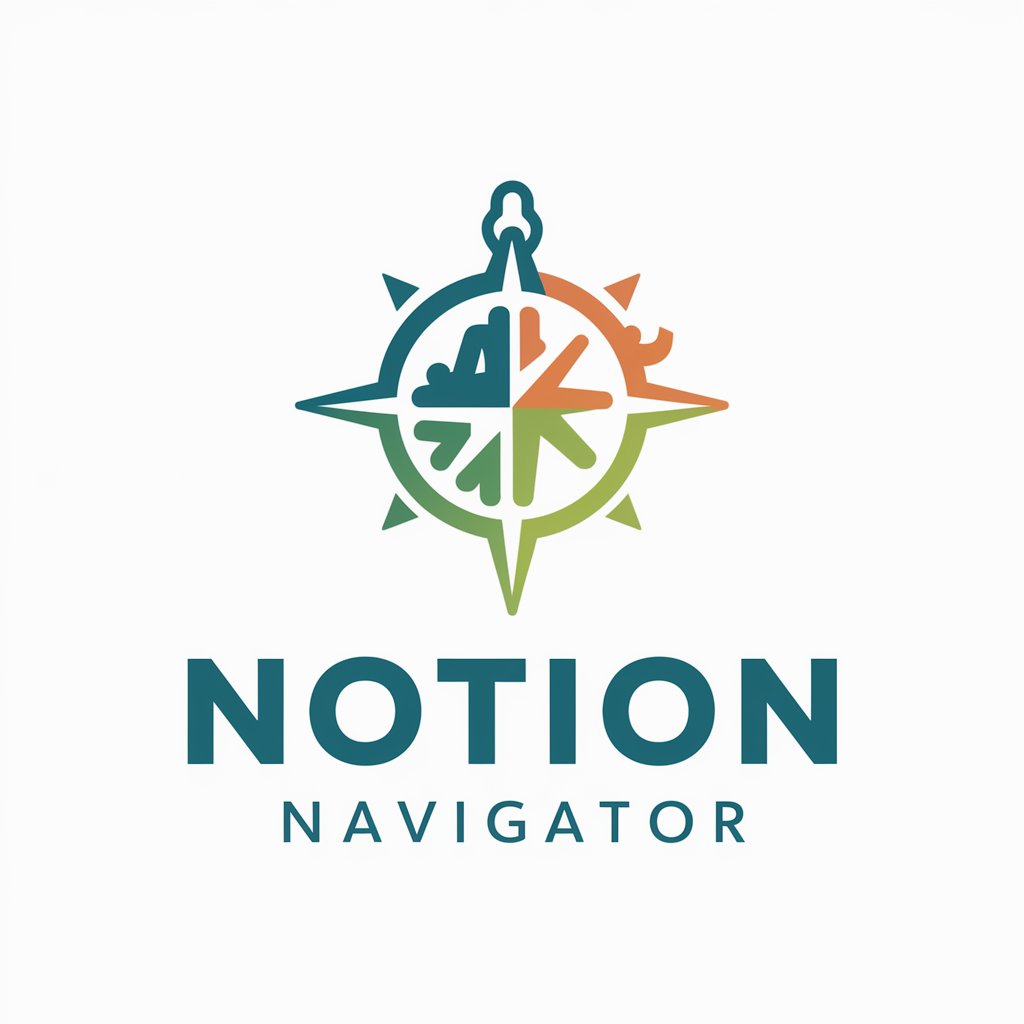
网站报价助理
AI-powered Website Cost Estimation
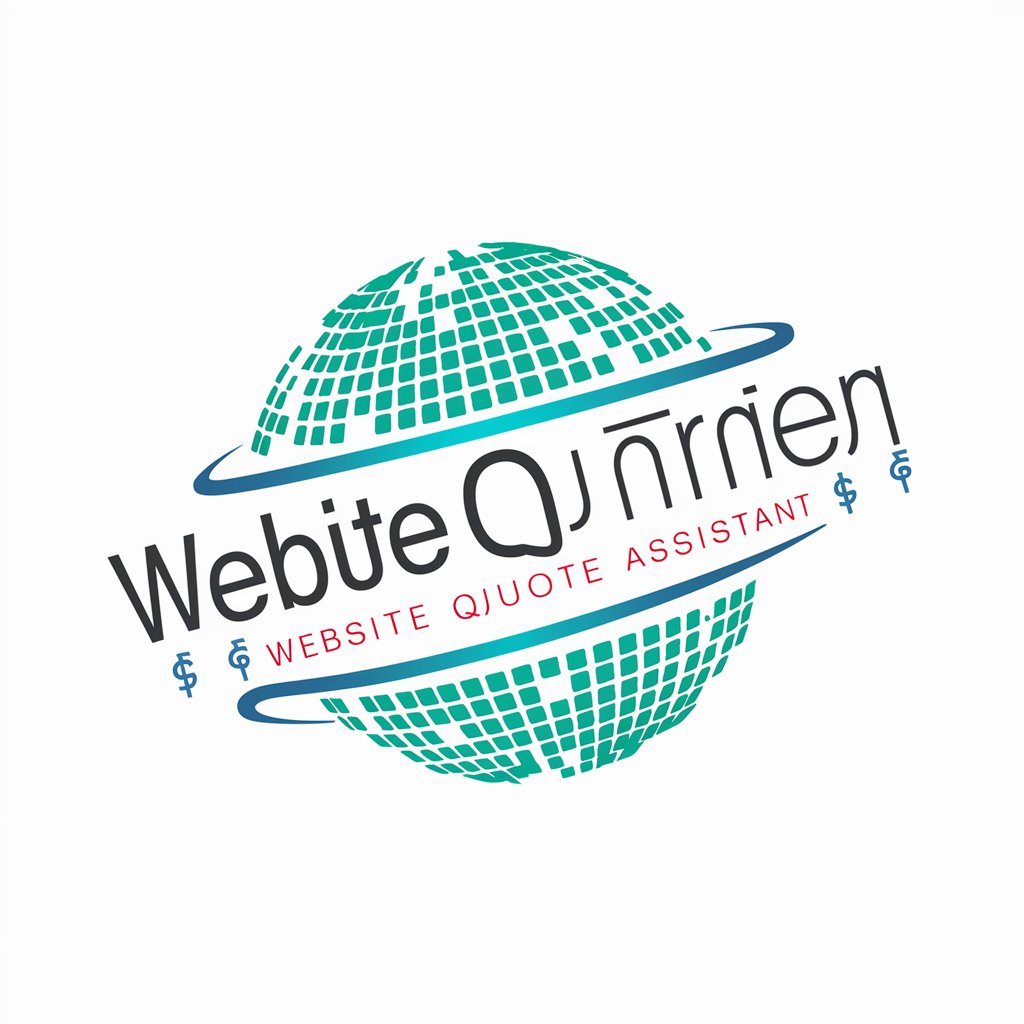
STEM Homework Helper
Empowering Students with AI-Powered STEM Learning

Design Review
Empower Your Designs with AI

Prompt Enhancer
Crafting precise AI-powered prompts
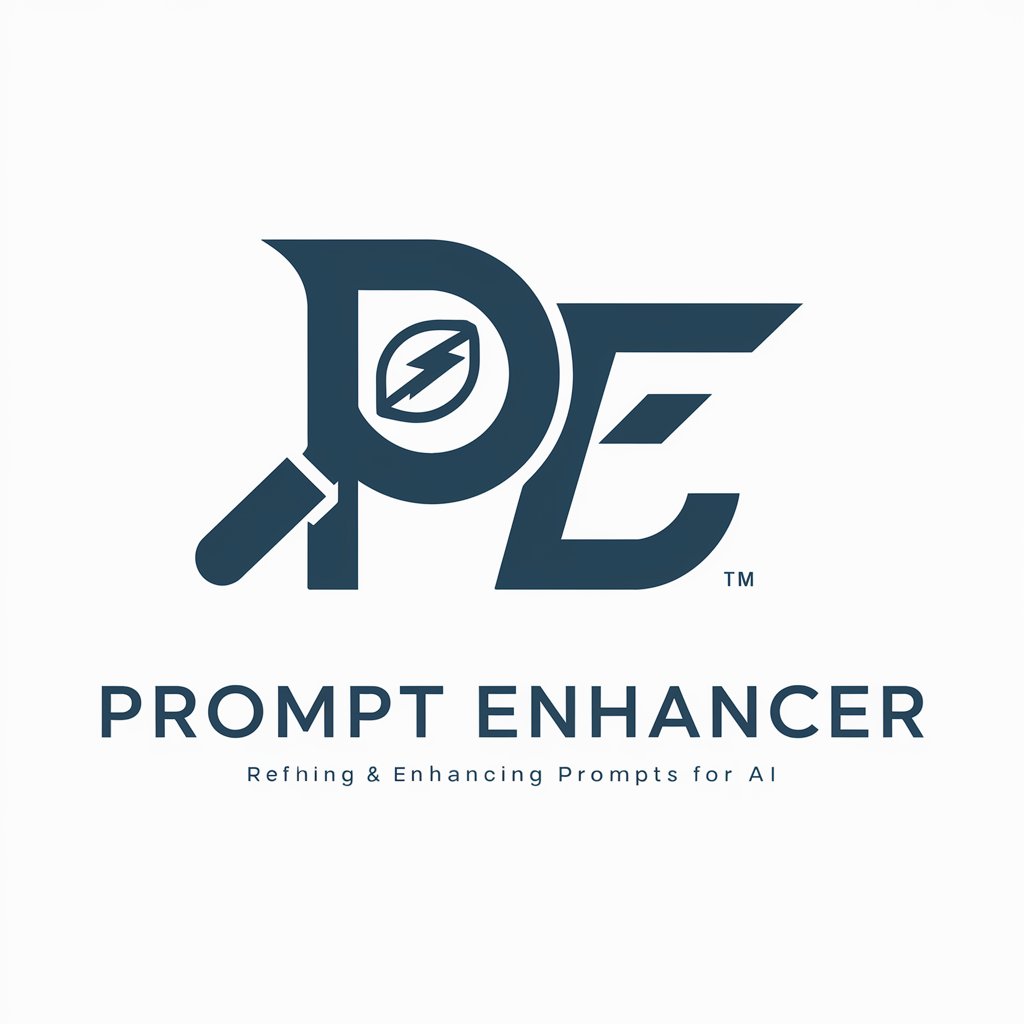
Frequently Asked Questions about CRM
What is CRM and why is it important?
CRM, or Customer Relationship Management, is a technology for managing all your company's relationships and interactions with customers and potential customers. It helps improve business relationships, streamline processes, and improve profitability.
Can CRM integrate with other software?
Yes, most CRM systems are designed to integrate with other business applications such as email platforms, calendar apps, accounting software, and more, to streamline operations and improve efficiency.
How does CRM improve customer service?
CRM systems provide a comprehensive view of customer interactions, history, and preferences, allowing businesses to tailor their service approach, resolve issues more quickly, and enhance overall customer satisfaction.
Is CRM suitable for small businesses?
Absolutely. CRM solutions come in various sizes and can be highly beneficial for small businesses seeking to organize contact information, improve customer interactions, and track sales opportunities.
How does CRM support sales?
CRM tools help sales teams manage leads, track sales opportunities, analyze sales pipelines, and automate tasks, enabling them to close more deals and foster better relationships with customers.
